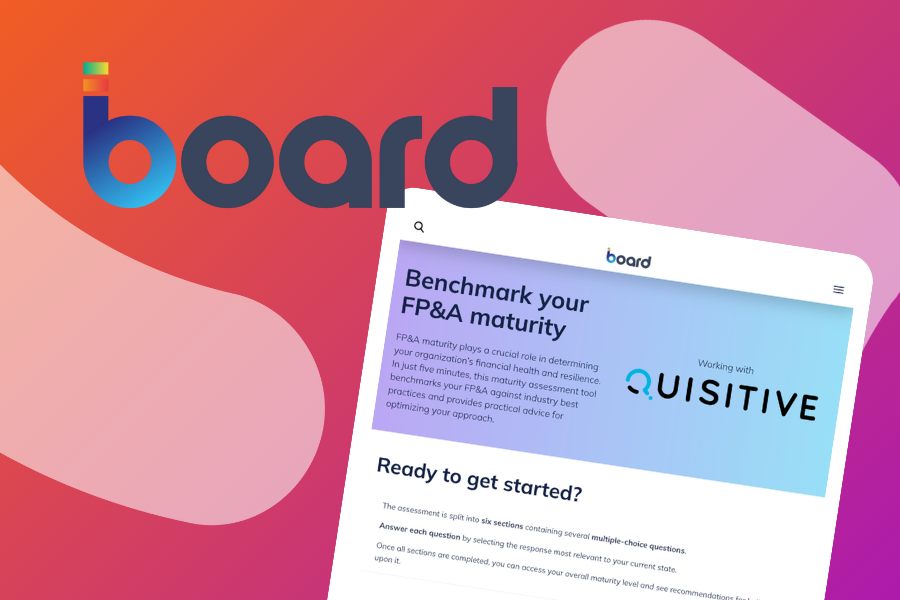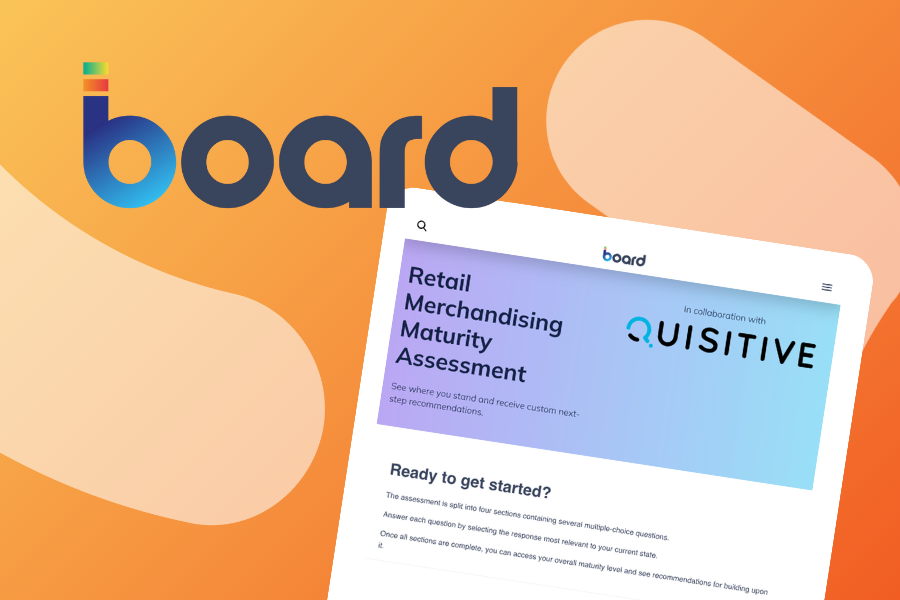
This post was written by Matt Hopkins, Global Retail Marketing Director at Board International
The retail industry is evolving rapidly and constantly, and its challenges are becoming more complex. Leveraging data more effectively is essential for retailers to regain control of their profitability and build resilience. Sue McMahon, Director of Worldwide Retail and Consumer Goods Partner Strategy at Microsoft, notes that the retail sector creates four petabytes of data every hour. Leveraging it accurately and efficiently is vital for retailers.
Being able to plan faster and with more agility is no longer a good idea; it’s a complete necessity. Let’s explore how Enterprise Planning can help retailers reset profitability by building resilience. This article looks at the current retail landscape to identify the key challenges and how retailers can best overcome them in their planning activities.
Key challenges in retail planning
Retail planners face several challenges today, including:
- Uncertainty and volatility: Accurately predicting the impact of market-wide and global events is much harder to do. Add in the rate of change we see in the industry almost daily, and suddenly the level of uncertainty is even higher.
- Complexity: Decisions are being impacted by different forces, including multiple operational models, shifting consumer habits, supply chain issues, online versus traditional stores, and more.
- Competition: The continual evolution of other companies in the same space is causing market shares to shift quickly and substantially.
- Consumers: Aligning with shifting consumer behavior grows more complex, as noted by McKinsey: ‘65% of retail customer journeys start online or through a digital touchpoint. Planning must leverage more data to better align to customer behavior.’
Accurately predicting the impact of market-wide and global events has become more challenging. Changes in consumer behavior, supply chain issues, and online versus traditional stores are just some of the factors contributing to retail planning challenges. Additionally, competition in the retail industry is continually evolving, causing market shares to shift quickly and substantially.
Intelligent Enterprise Planning builds greater resilience
Intelligent Enterprise Planning is the orchestration hub of daily retail decisions, and building planning muscle is a great way to drive resilient retailing. It provides a more accurate and complete picture of the retail landscape, helping retailers predict and respond to changes in the market and manage their supply chain and inventory more effectively. Using Intelligent Planning, retailers can weather volatility, unpredictability, complexity, and competition.
The core concepts of Intelligent Planning are:
- Plan smarter: Understand what drives the business forward and plan for what is coming next.
- Drive outcomes: Ensure the contribution of every stakeholder in the business (from leaders and staff to the consumer) is maximized for optimal business performance.
- Lead transformation: Put planning as the spearhead of the organization’s transformative efforts and ensure it remains in step with the rest of the transformation project.
Retailers can use these concepts to enhance their planning approaches and build resilience. By understanding what is driving their business forward and planning for what is coming next, retailers can make more informed decisions about resource allocation, product pricing, and inventory allocation. Maximizing the contribution of every stakeholder in the business, from leaders and staff to the consumer, can lead to optimal business performance. Finally, putting planning at the spearhead of transformative efforts across the entire organization can ensure that it remains in step with the rest of the transformation project.
By understanding key challenges, implementing core concepts, and leveraging data effectively, retailers can drive forward and manage their businesses more effectively. Benefits for retailers adopting an Intelligent Planning approach include:
- predicting and responding to changes in the market by analyzing trends and patterns in consumer behavior
- managing inventory by recognizing excess inventory and developing strategies for clearing it out, helping to avoid losses, and freeing up further resources to improve other aspects of the retail business.
- making more informed decisions around resource allocation, product pricing, and inventory allocation
- identifying potential disruptions in the supply chain to develop contingency plans and minimize the impact on business operations
As the retail industry continues to evolve, Intelligent Planning will become an essential tool for retailers to stay competitive and thrive in times of uncertainty.
Learn more with Board and Microsoft
If you’re interested in learning more about how Intelligent Enterprise Planning can help drive resilience in the retail industry, we highly recommend checking out our on-demand webinar “Resilient Retail: How Can Intelligent Planning Drive Resilience.”
This webinar, with Sue McMahon from Microsoft, explores the topic of this blog in greater detail so you can learn how retailers can best overcome the industry’s key challenges and build greater resilience by leveraging the power of Intelligent Planning.
So, if you want to stay ahead of the game and build a more resilient retail business, watch the on-demand webinar today!

;)



